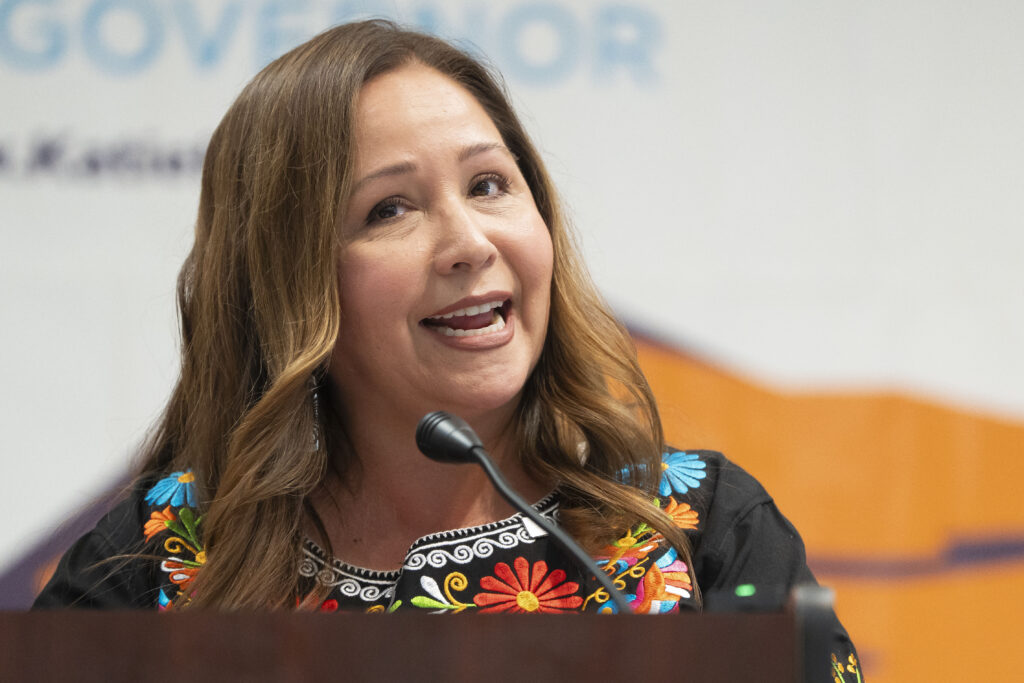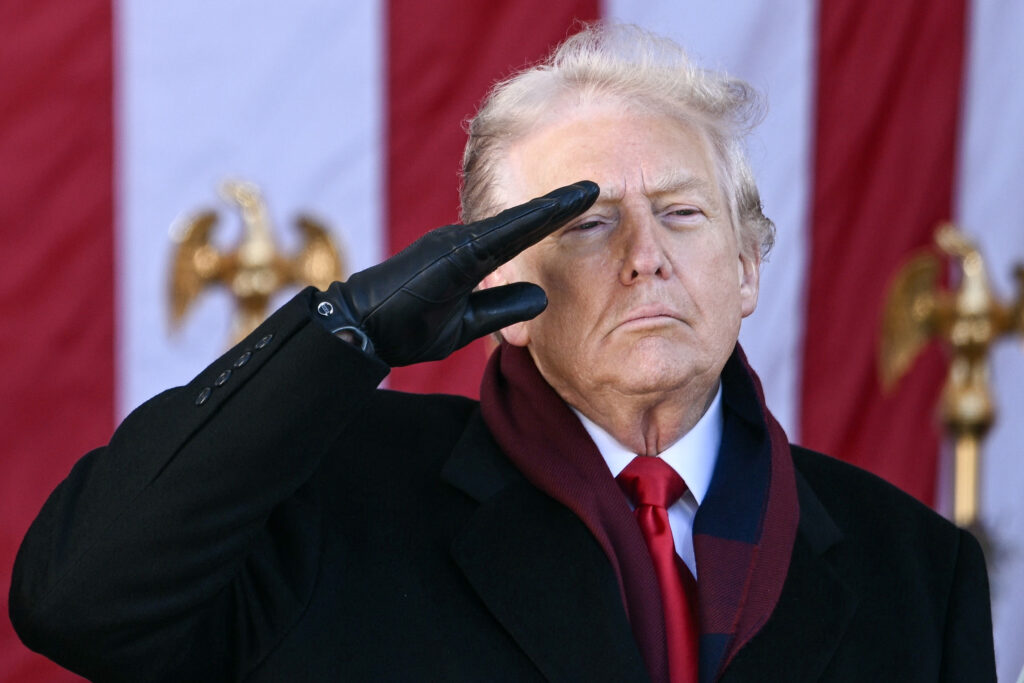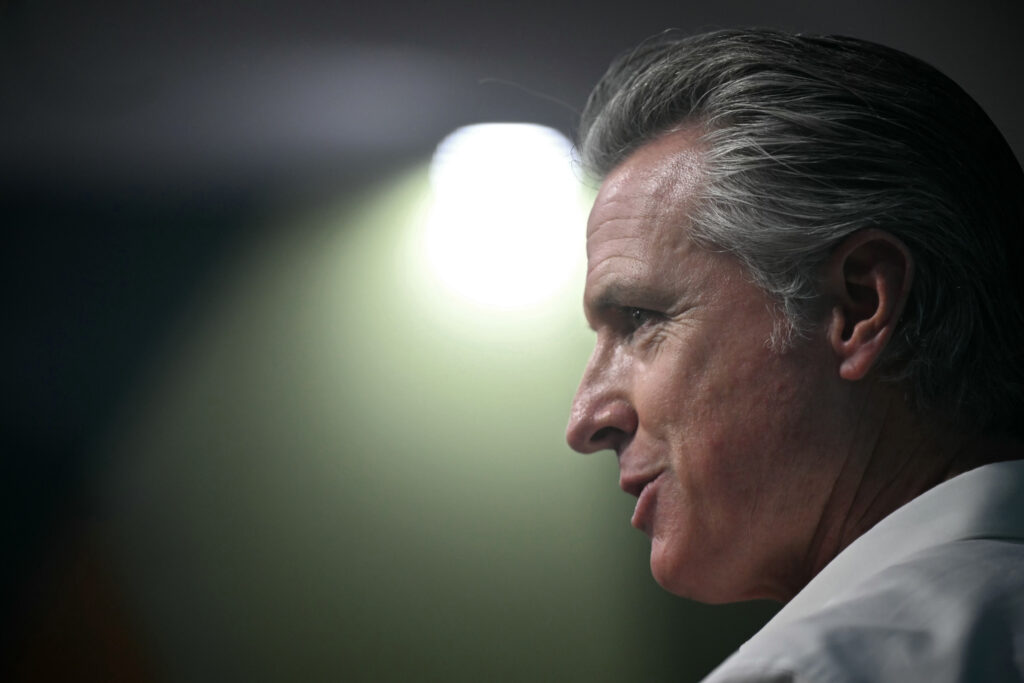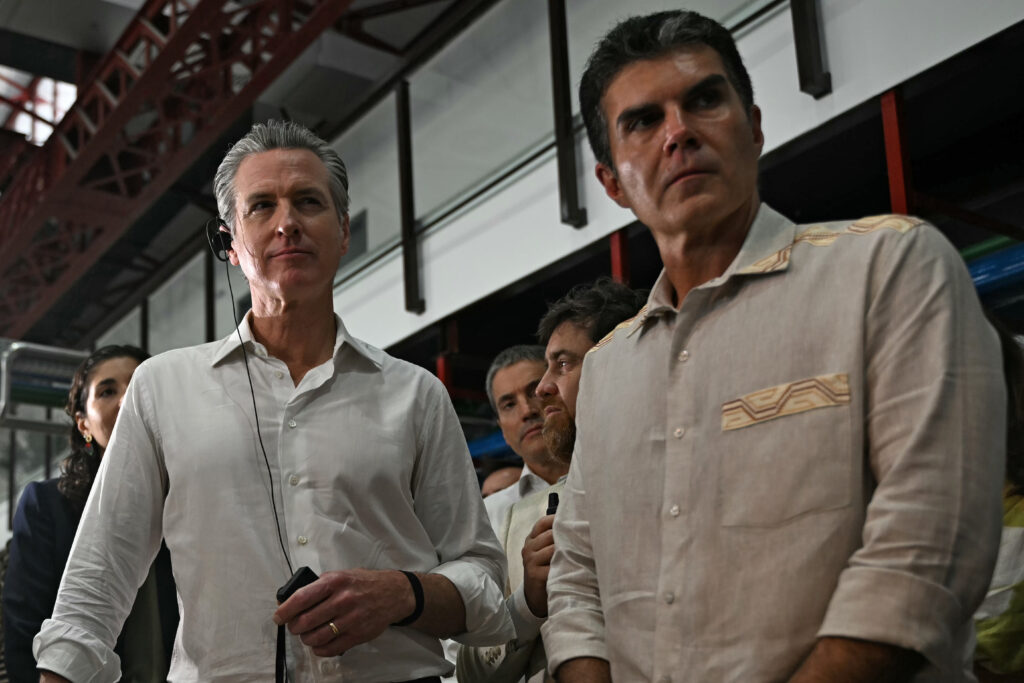In Ecuador port city, residents divided over possible return of US military
This Sunday, Ecuadorans will vote on whether to allow foreign military bases to return to the country. In Manta, a Pacific city that for a decade hosted an outpost of US forces, opinions are divided. The old US airbase now stands empty — its rooms vacant, windows gone, with dust and weeds taking over.But Ecuadorans — led by President Daniel Noboa — want to return “US Forward Operating Location” Manta to past glories. On Sunday, he will ask voters for their permission, arguing a return of US troops would help fight rampant drug trafficking.Since leftist president Rafael Correa decided to kick US forces out in 2008, Ecuador has gone from being one of the safest countries in Latin America to one of the most dangerous. Noboa sees a direct link: “We’re going after those who’ve had free rein since 2008,” he said after recently touring the site with a top US official. Voters seem receptive. About 61 percent of Ecuadorans plan to vote in favor of repealing a ban on foreign bases, according to the Cedatos polling firm. But support is not universal.- ‘Waste’ and ‘abuse’ -For people like Trinidad Rodriguez, who sells food on Manta’s streets, the idea is misguided. “It’s a waste of time and money,” she told AFP, arguing that resources would be better used to help the poor. “We’re forgotten. We don’t even have water.” Other locals are more resolute in their opposition. They recall disappearances and alleged abuses between 1999 and 2009, when thousands of US personnel passed through the resort city while carrying immunity from prosecution. The base was used to run US intelligence reconnaissance flights, detecting potential drug smuggling. On the water, the US Coast Guard contingent was charged with intercepting any boats spotted and was accused of sinking several fishing boats. In all, more than 5,000 missions took place, according to an Ecuadoran parliament report. In Los Esteros, a fishing neighborhood near the base, Maria Urgiles still mourns her husband, who vanished at sea in 2002.She is in no doubt about his fate: “The Forward Operating Post (US forces) sank the boat. Eighteen men disappeared,” she said. “They weren’t animals who went out to fish; they were fathers, sons, husbands, uncles who went to earn bread for their children.” INREDH, a local human rights group, documented 14 sunk boats over the period, four damaged, and one missing.- Iron fist -A return of US forces at Manta could spell an even more aggressive interdiction strategy this time round. US President Donald Trump’s administraion is leading strikes on alleged cocaine-trafficking boats out of the waters of the Caribbean and the Pacific. Roberto Salazar, president of the International Port of Manta, is hopeful the United States can help.He believes US forces can help weed out drugs from the 1.2 million tons of cargo a year that passes through Manta every year, including a large chunk of Ecuador’s tuna exports. “The involvement or participation of international support, whether through technological or financial resources, will always be important,” he said. “Today we know the crisis our country is facing because of drug trafficking, and it will always be crucial to have that logistical support.” Some locals are not so convinced the base would make much difference. “The base didn’t help much” to secure the city, according to economist Frank Mestanza, who fled Manta in 2022 after threats. “The city was already safe. Things got worse for other reasons,” he said. Ecuador sits between the world’s two largest producers of cocaine — Colombia and Peru. Its deep-water ports are an excellent way of getting that cocaine to markets in the United States, Europe, and Asia.Neither of those things is likely to change with the arrival of US forces, nor will the fact that Ecuador now has Latin America’s highest homicide rate. “A military base won’t fix this,” says Carla Alvarez of the Institute of Advanced National Studies.







